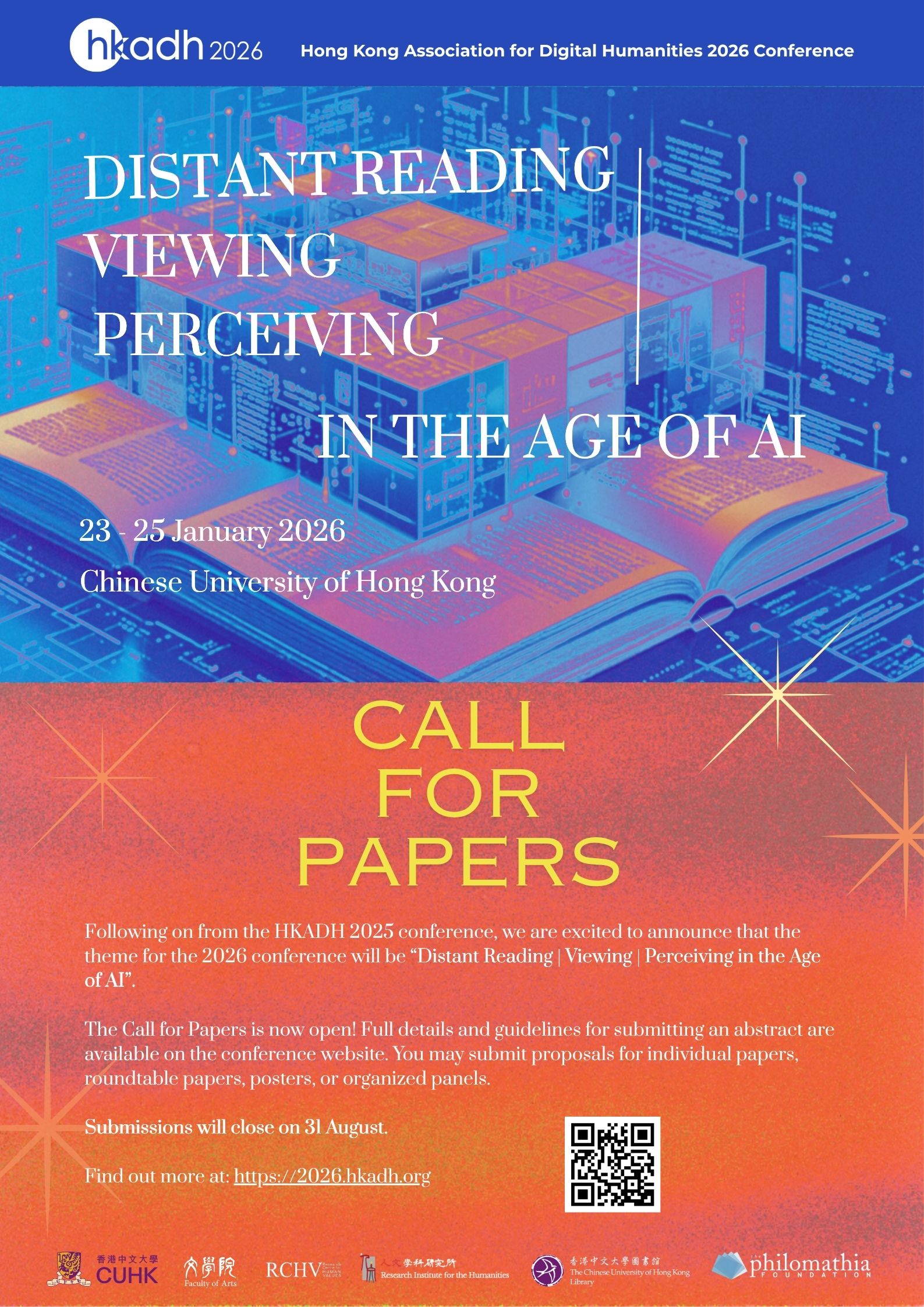
Speaker
Professor Jookyoung Jung
The Chinese University of Hong Kong
Jookyoung Jung is an Associate Professor in the Department of English at the Chinese University of Hong Kong. She also serves as the Director of the MA program in Applied English Linguistics. She has conducted research projects exploring task effects on real-time reading and writing processes using eye-tracking technology and keystroke-logging software. More recently, Dr.. Jung has expanded her research into technology-mediated L2 learning, investigating areas such as video-conferenced collaborative L2 writing, gaze-contingent attention-triggering intervention, and text-audio synchronized input enhancement techniques. Her research has also delved into L2 pragmatic competence and learning, including studies on L2 users’ suggestion-giving abilities, comprehension of textual English jokes, and understanding L2 English irony. Additionally, Dr. Jung explores the moderating effects of learners’ cognitive abilities such as language aptitude, working memory capacity, and attention control.
Event Details
This presentation examines studies investigating the effects of manipulating the timing of textual enhancement in second language (L2) vocabulary learning. Textual enhancement—visually highlighting target L2 features—facilitates learners’ noticing of critical forms during input processing.. Traditionally, this technique has been applied proactively (before reading begins), but it may distract learners from meaning-oriented reading, thus creating a trade-off between form noticing and comprehension.
To address this issue, enhancement timing can be precisely calibrated to each learner’s natural pace by employing the gaze-contingent paradigm (Reder, 1973; Révész et al., 2023), so that target words or phrases appear only when the learner’s eye gaze fixates on them. Similarly, during reading-while-listening tasks, textual enhancement may be synchronized with auditory input, ensuring that visual cues coincide accurately with spoken narration.
Empirical findings indicate that this temporal precision enhances immediate form recognition and recall and fosters more durable retention compared to conventional proactive enhancement (Jung & Lee, 2023; Jung & Zhang, 2024; Jung et al., 2025). Furthermore, gaze-contingent cues reduce individual differences in processing aptitude by directing attention precisely when and where it is most effective (Jung et al., 2025b). These results and their pedagogical implications will be discussed.
Registration Link/ Event Page
No Registration is Required
Enquires
Email: lin@cuhk.edu.hk





